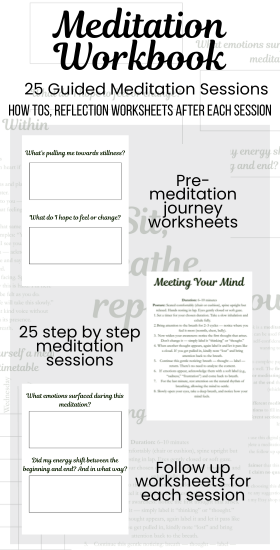Time management has lots of different benefits, however one of the biggest is that it will help you to reduce your levels of stress. Stress consumes our daily lives, and why wouldn’t you take the opportunity to improve your time management, boost your efficiency AND reduce your stress? The most prevalent form of stress that follows on from poor time management is a long-term form of stress called chronic stress. Follow along these time management tips to reduce chronic stress and you’ll see a noticeable change in your quality of life.
First and foremost, it’s important to recognise that although a lot of these tips are relatively easy to implement, they can be somewhat challenging to stick to for a long period of time. For best results it’s important to stay committed and integrate these techniques into your routine so that they become second nature over time. However, don’t worry, if there’s something that just doesn’t seem to be working for you then move onto a different strategy that could work better! Pairing a lot of these techniques with mindfulness techniques can help you to reduce your stress even more.
Time management comes in all kinds of forms. Organising your time, prioritising your events/tasks and using tools around you to manage your tasks. You may be looking to implement time management into your work life or your home life, or both. Many of these tips can either be twisted to accommodate different scenarios, or the will equally work for any scenario. Read on to find out more and ultimately improve your time management!
General Strategies
- Organise your time: there are multiple ways of organising your time, this can be writing lists, noting things on a calendar, creating a timetable, setting reminders. There is an abundance of apps and websites where you can organise your time effectively.
- Prioritising your time, when you have a lot of different things to get done from different parts of your life, it is critical to understand what it most important. Write down things you need to get done and decide which things have to be done soonest depending on different factors like importance, deadlines and how long they’ll take to complete.
- Be disciplined: ensure that when you’ve scheduled to do something, you start it on time and you finish it on time. This makes sure that other tasks you need getting done don’t get put on the back burner and everything can run smoothly. If you don’t manage to complete the task in the time you’ve given it, it is best to re-analyse your schedule and give it an extra slot later on than push other high-priority things for a later time.
- Take breaks. The big idea of time management is making sure you manage some time for yourself, otherwise it’s not going to be possible to reduce stress to the maximum alongside staying organised. Give yourself breaks depending on how often you think you need them in order to stay focused, relaxed and calm whilst completing tasks – this ensures you can complete things to the best of your capabilities and at the same time, gives yourself a chance to do things for yourself.
- Overcome procrastination: things that can help with procrastination can be planning your days ahead (which time management encourages anyway), breaking tasks into smaller steps and rewarding yourself after completing each step and finding a way to take accountability if you don’t get things done when you said you would.
Learn about the flip-side: Why Some Stress is Actually Good for You
Work-life Balance
Having a balance between your work life and your home life is critical for your mental health. For most people, having a clear end to your work day and a clear start to your after work life can really help people detach from their work and relax at home – allowing themselves to fully recover and feel refreshed for the next day. In order to maximise your work-life balance, you can follow the general tips above with emphasis on starting things and ending things at the times you originally chose. Giving yourself a good home life means giving yourself mental freedom when you leave work and come home. Removing any source of your work life from your main home spaces is a great way to make sure you reduce the amount of time you spend thinking about work (which in turn reduces stress levels). This can be turning off work notifications, not having any post it notes or notes laying around related to work, putting away your work laptop etc. If you want to be able to maximise your time management, it is important to have a good work-life balance.







